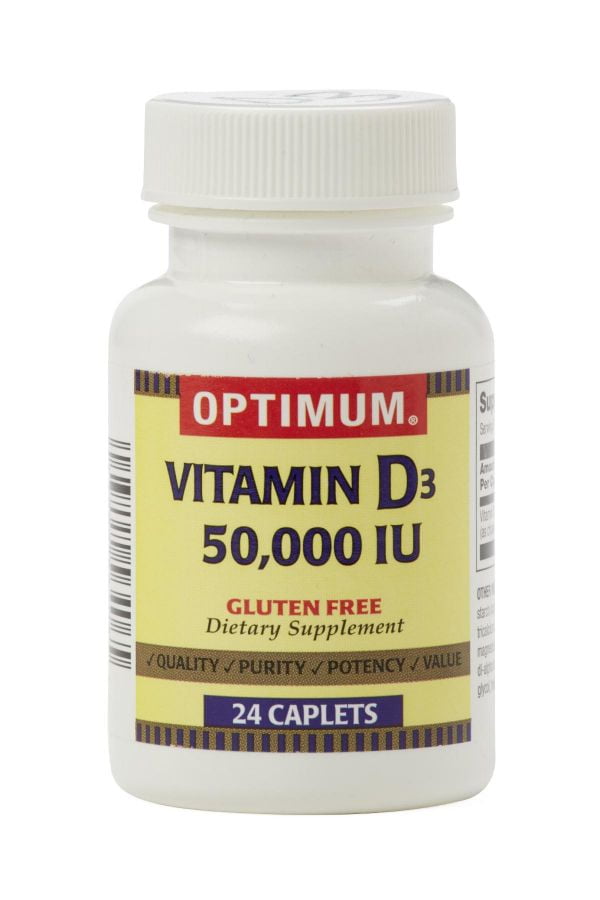



*/¥ The recommended daily amounts are identical, however, the upper tolerable doses vary among people. Vitamin D testing is only covered under the BC Medical Services Plan (MSP) when the patient is 70 years

Measurement of 1,25 dihydroxyvitamin D levels is recommended only in isolated circumstances such as the investigation of parathyroid hormone independent hypercalcemia. Vitamin D testing is only covered under the BC Medical Services Plan (MSP) when the patient is 125 nmol/Lġ,25(OH)2D should not be used for the investigation of vitamin D nutritional status. These patients are generally managed by a specialist. Vitamin D testing is clinically indicated in patients with certain conditions predisposing them to vitamin D deficiency. Vitamin D testing is of low clinical utility for patients who are already suspected to be at risk of having suboptimal vitamin D levels and who would benefit from vitamin D supplementation. Vitamin D is also involved in the regulation of cell growth and metabolism, modulation of immune function, and reduction of inflammation. Vitamin D is a fat-soluble vitamin that stimulates intestinal calcium and phosphate absorption and is important in maintaining adequate blood calcium levels for bone mineralization, bone growth and remodelling.


 0 kommentar(er)
0 kommentar(er)
